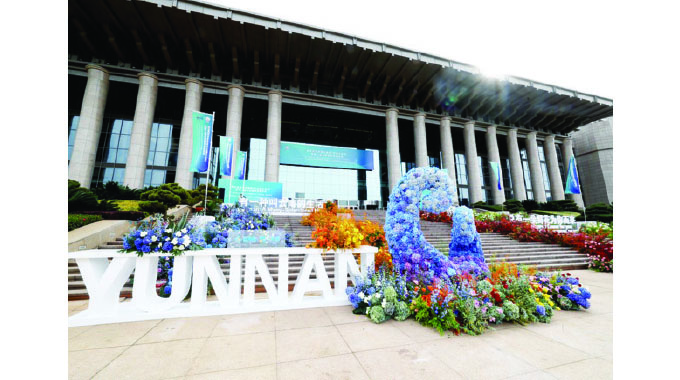Second-hand clothing ban threatens jobs

KAMPALA. – Despite the chaotic surroundings, Hadija Nakimuli always finds her way through the bustling alleys of Owino Market in the Ugandan capital, Kampala. For almost 30 years, she has been selling second-hand clothing there.
However, a possible ban on the importation of used clothes by authorities could jeopardise the livelihoods of Hadija Nakimuli and tens of thousands of other vendors.
President Yoweri Museveni recently “declared war” on second-hand clothing primarily imported from the United States and Europe, stating the intention to “promote African clothing.”
Although official figures are not available, according to estimates from the Ugandan Association of Resellers of Second-hand Clothes and Shoes, about 16 million people, or one in three Ugandans, buy second-hand clothes.
“Everyone loves second-hand clothes. Only a small number of people in Uganda can afford new clothes,” argues Allan Zavuga, director of the Think Twice chain, employing 30 people in three branches across the country.
“These clothes come from deceased individuals in a foreign country. When a white person dies, the clothes are (…) sent to Africa,” President Yoweri Museveni asserted in August. – AFP








Comments